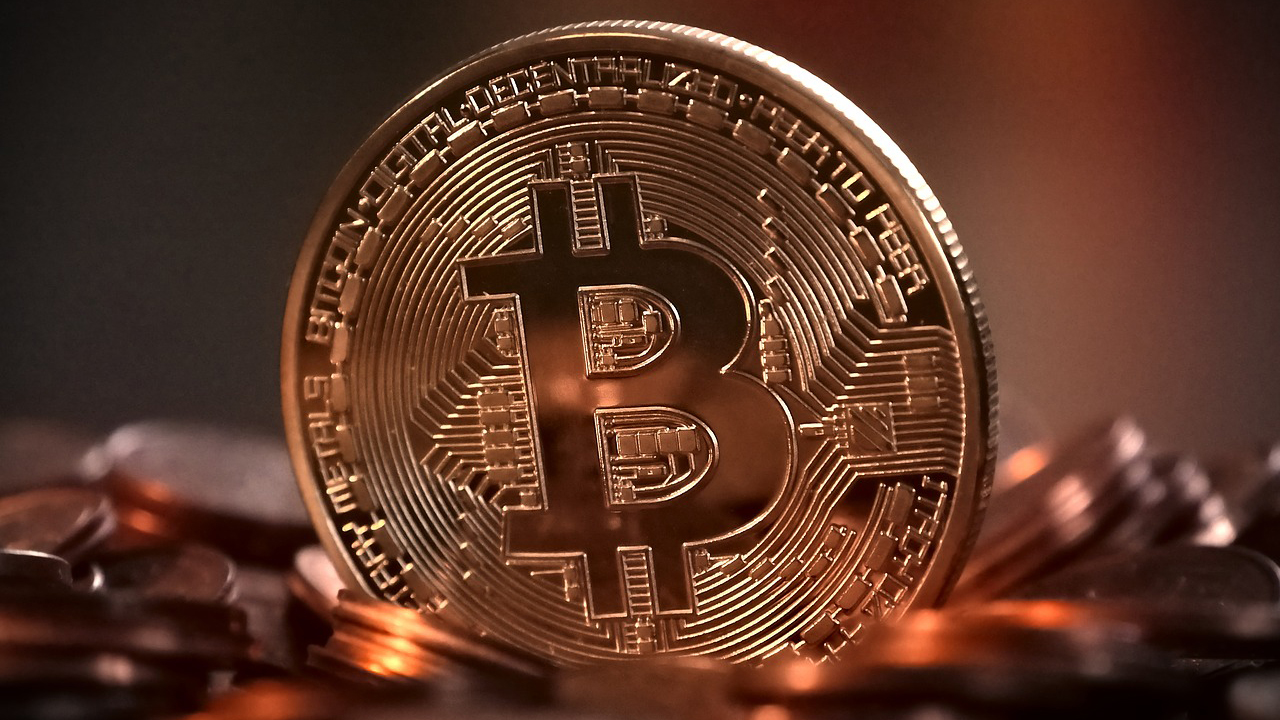Though it may seem like an unlikely figure, around 1.7 billion adults currently live with no access to financial services, known as the ‘unbanked’.
Financial inclusion is a topic that’s gathered considerable momentum in recent years. So much so, in fact, that 17 of the UN’s sustainable development goals mention financial inclusion as an enabler.
But could technology play a significant role in bridging the gap between financial services and the unbanked? Here, we take a look at the influence that blockchain could have in finally turning banking into a global entity.
- Also check out the best personal finance software
The importance of banking the unbanked
The need for change in how the finances of the world’s poorest citizens is well documented. Business magnate Bill Gates addressed the problem when he stated that “including the poorest in the financial system increases the value of their assets, transforming the underlying economics of financial services through digital currency - helping those who live in poverty directly.”
As Robert Küfner explained in Medium, bringing banking to the unbanked is a vital step in bringing populations out of poverty. Bank accounts and financial facilities hinge on citizens possessing accurate identities and access to a functional infrastructure in which they can hold their money - the issue, particularly in developing countries, is that this simply won’t occur without decisive action.
The issue for banks looking to create opportunities to provide facilities for those without access to accounts is the lack of ways to formally identify customers. Without identity documentation, there are no opportunities for the unbanked to build a credit history that enables lending to occur. Without lending and the creation of wealth it can bring through production, there are few precious ways for the unbanked to forge their way out of debt cycles and ultimately escape poverty.
Blockchain to the rescue?
Logically, banks were identified as the pivotal entities that could help bring inclusive finance to the large swaths of the planet that remain unbanked. The populations most deprived include 70% of Sub-Saharan Africa, 86% of Middle Eastern populations and 55% of South America. Add to this 876 million inhabitants of Eastern and Southeastern Asia, as well as 60 million adults in Western Europe and North America, and the full scale of the problem becomes clear.
However, striving to bring finance to the unbanked is a risky endeavour for many banks. The costs associated with implementing inclusive banking are high, with no guarantees over the return on such an investment.
Luckily, blockchain has entered a fray in which banks have feared to tread - and currently represents the brightest hope in bringing inclusive finance to areas of the world where such an idea once seemed implausible.

Blockchain boasts a symbiotic relationship with finance, having been the cornerstone in Bitcoin’s meteoric rise to prominence, and its widespread accessibility has the power to bring banking to those deprived of the privilege all around the world.
Because of the level of security in a blockchain network, the technology is capable of leveraging instantaneous monetary transactions without the need of correspondent banking or other intermediaries for international transfers.
The immutable qualities of blockchain’s privacy protection guarantees safety whilst making or receiving payments, and so long as the customer has access to a device capable of accessing eWallets, there are very few costs associated with the operation and upkeep of the technology.
Significantly, blockchain also enables individuals to carry a digital identity on which they can perform transactions on both a national and international scale with ease.
Essentially, blockchain technology excels in the areas that were regarded as stumbling blocks to the banks that were looking to resolve the issue of bringing inclusive finance to the world’s deprived communities.

To the future
Alex Fork, the founder and CEO of Humaniq, has created his company with the primary aim of bringing banking solutions to areas that can help to ensure financial growth out of poverty. “We believe this can help bring people out of poverty by giving them banking tools that can provide liquidity for entrepreneurial ventures via loans, investment, online work and cryptofinancing as well as create new opportunities in the digital economy, locally, nationally and internationally,” said Fork.
It’s thought that an effective implementation of inclusive finance could make of a significant step in the mitigation of the increasingly pertinent refugee crises worldwide, and may greatly accelerate the progress of emerging economies.
It’s safe to say that blockchain is prepared to boldly go where no bank has gone before, and with the aim of playing a significant role in building a fairer world, with better opportunities for all, regardless of our financial situations. Once the potential of blockchain in the realm of the unbanked is fully realised, it’ll undoubtedly represent a significant step in building a brighter, and significantly more inclusive, future.
Dmytro Spilka, CEO of Solvid and Founder of Pridicto
- Interested in blockchain? We discuss the power of blockchain infused with AI here.
source http://www.techradar.com/news/a-look-at-the-vital-role-blockchain-is-playing-in-banking-the-unbanked
No comments:
Post a Comment